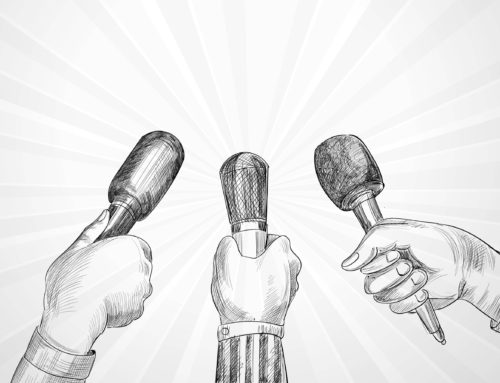
The New York City Department of Education has failed to appropriately identify, diagnose, educate and treat students with an Emotional Disability (ED) classification, according to a scathing report released this week.
A Crisis in Education found that the mental health and educational needs of the approximately 7,000 NYC public school students with a disability classification formerly known as Emotional Disturbance, and more recently as Emotional Disability, “have been all but ignored.” While eligible for special education protections under federal law, it notes that they’re consistently placed “in inappropriately restrictive settings and denied equal, meaningful access to educational opportunities and support.”
Additionally, it found these students are disproportionately students of color from economically disadvantaged backgrounds.
According to a press release shared by New York Lawyers for the Public Interests (NYLPI), the report “illustrates that the failures of the DOE, New York City, and NYSED have caused many students with ED to be illegally segregated in overly restrictive settings, deprived of a reasonable opportunity to make meaningful educational progress, inappropriately disciplined, and isolated from their general education peers.”
NYLPI, along with law firms Kasowitz Benson Torres and Stroock & Stroock & Lavan, authored the report, which also proposes a framework for the DOE to develop evidence-based systems and protocols.
The mental health and emotional wellness of students is a growing concern nationwide. This past spring, New York City published “Care, Community, Action: A Mental Health Plan for NYC,” a comprehensive mental health plan to alleviate and prevent emotional suffering, and, according to its website, “save lives,” but the new report states that “there has been no similar response from the DOE.”
The Individuals with Disability Education Act (IDEA) notes that an Emotional Disability means a condition exhibiting one or more of the following characteristics over a long period of time, and to a marked degree that adversely affects a child’s educational performance:
School-Based Mental Health Clinics
In other news, New York Gov. Kathy Hochul announced Nov. 30 that more than $5.1 million has been awarded to support 137 school-based mental health clinic satellites throughout New York State, including 82 at high-needs schools.
Administered by the New York State Office of Mental Health, the funding is part of the governor’s $1 billion plan to transform New York’s mental health care system, which includes a total of $8.3 million to support and expand these clinics throughout the state.
Photo: Pexels.com



